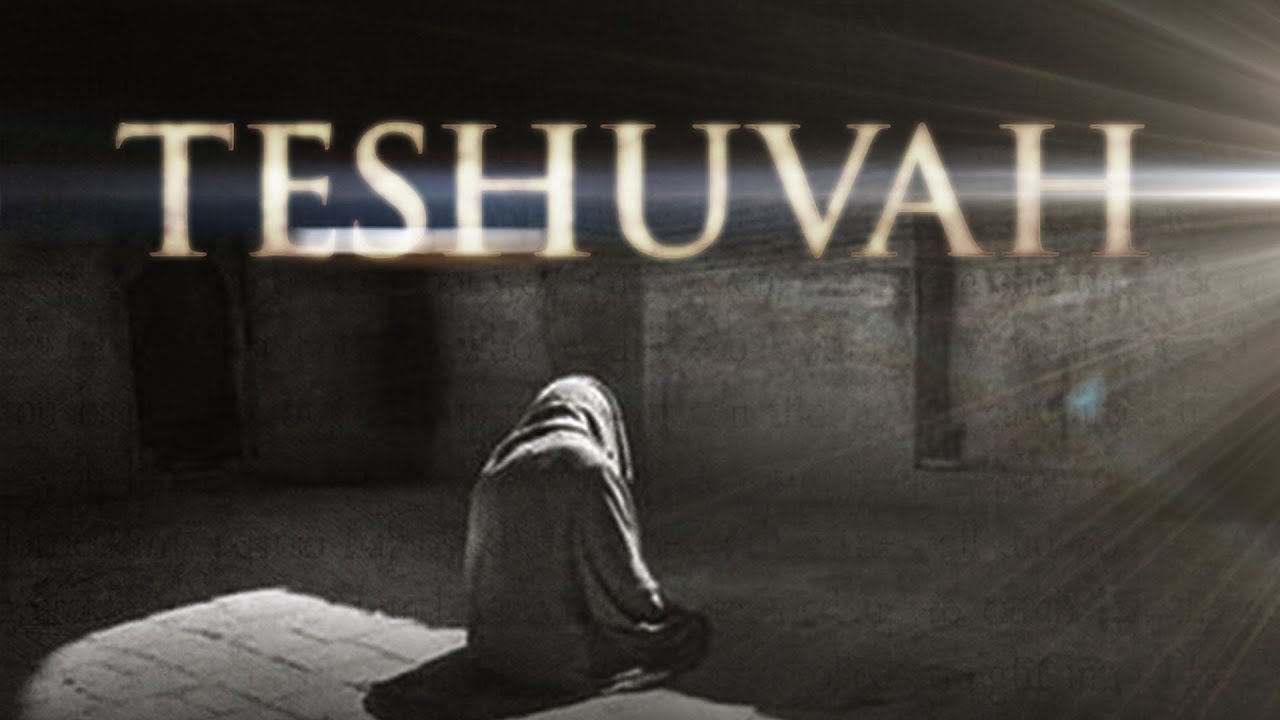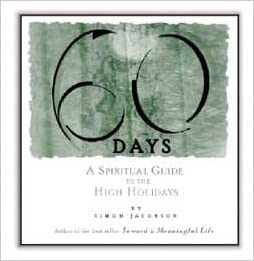Shabbat Gathering: Teshuvah as a Path to Freedom.

Dear Chevra, as is our custom, we will gather tonight at 5.45p ct to welcome Shabbat. These are the coordinates:
Zoom
Meeting ID: 963 5113 1550
Password: 1989
Phone: +1 312 626 6799
(To unsubscribe from the newsletter, click the link at the very bottom of this email.)
Here we go.
Elul begins on August 27 this year and it’s a signal that we need to begin preparing for the High Holy Days. One of the ways we prepare is to begin considering repentance, also known as Teshuvah. As we hear over and over again during Yom Kippur, G-d can forgive us for the sins we commit against G-d, but cannot forgive us for the sins we commit against each other. So, it’s time for us to consider how we’re going to get right with each other.
More than saying, "I'm sorry."
Some of us might think that Teshuvah is a simple matter of asking someone to forgive us and then expectantly wait for their reaction. I know I did. But there’s more to it than that, as you might guess from me dedicating a newsletter about it.
The thing about working a program of Teshuvah is that it does as much for us than it does for others. Some of us, including me, are weighed down by guilt and shame. It presses down on us and restricts our ability to move forward with our lives.
Guilt and shame are emotional ghosts that haunt us and keep us focused on the past rather than the present much less the future. It’s impossible for us to be fully grateful to Hashem — every day and in every way -- when we’re still bedeviled by our guilt and shame.
Now is the time for us to shed all that and be free.
Rabbi Ruttenberg on Teshuvah.
Rabbi Danya Ruttenberg is one of my favorite rabbis on Twitter. I’ve read her memoir, Surprised by God, and thoroughly enjoyed it. I also subscribe to her Substack newsletter. It is unfortunate that Rabbi Ruttenberg’s new book on Teshuvah, On Repentance And Repair: Making Amends in an Unapologetic World has a publication date of September 13 of this year, just days before Rosh Hashanah. That barely gives us a chance to read it and benefit from it before the High Holy Days. Fortunately, Rabbi Ruttenberg probably gave us a good outline of her book on Twitter. There, she posted a long, famous thread on Teshuvah that was based on the work of Mamonides, so we might have an outline of her book.

The nine steps to freedom.
This is the process of Teshuvah according to Maimonides for the sins we’ve committed against each other:
1. Recognize what you did and that it was wrong or hurtful.
2. Feel remorse about your actions.
3. Stop doing harm.
4. Remove the wrongdoings from your thoughts.
5. Resolve to never do it again.
6. Make restitution for damages you caused.
7. Appease the person you hurt.
8. Confess to G-d about your wrongdoing.
9. When faced with the same situation or opportunity, you do not do the harm again. - This is how you know your Teshuvah is complete.
Notice that all the work done from step one to five is all “internal” work. It isn’t until step six that we begin working with the person we’ve hurt. And, when we reach step nine, we become a better person.
My incomplete list of sins.
At the beginning of my Teshuvah practice, sometimes I’m at a loss to come up with more than a handful of wrongs I need to repent, so I need to spend more time on step one. I need to develop more emotional intelligence and refine my ability to read other people. I need to be able to tell when I’ve hurt someone or, even better, simply uncomfortable. These are cues I need to do some work. The big guilt and shame that I feel are, of course, easy to discern. I need to use introspection to detect the lesser things I feel guilty and ashamed about and fix it.

I want freedom.
I want to be free. I want to do the work I need to do to not only shed my guilt but move forward with my life, confident that I will never again commit that particular sin, and wary of the new sins I may fall into. I want to be blessed with the feeling of gratitude that I owe Hashem.
And may it be for all of us a blessing.
See you tonight!
Gut Shabbes!
All my love,
brian.
PS

A book recommendation: 60 Days, by Simon Jacobson, published by The Meaningful Life Center. 60 Days is a workbook that covers Elul and Tishrei, a period of time that spans the High Holy Days to Simchat Torah. Here's the caveat: The Meaningful Life Center (MLC) is one of the "front organizations" for Chabad. MLC emphasizes a point of view that sounds and looks like a "human potential movement" and one might never know that it is affiliated with Chabad. I find this workbook very well produced and useful. Every day of the 60 day period is covered in a two-page spread that attractively presented with material that educates and enlightens me. There's no overt material trying to recruit the reader into Chabad. I've hung out in the Chabad world to learn that it's not for me at all, but I find 60 Days useful and helpful.